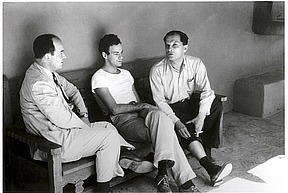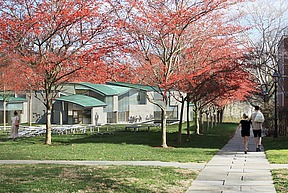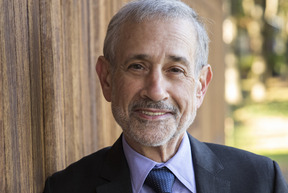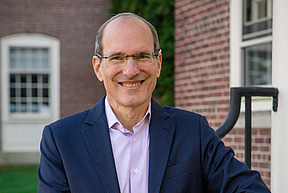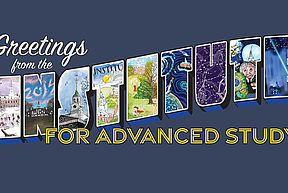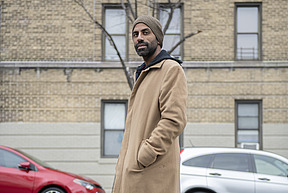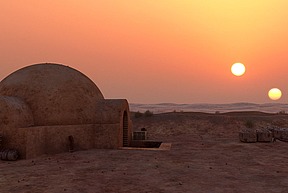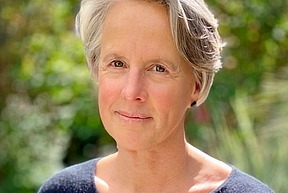The Institute Letter Fall 2021
The Institute Letter Fall 2021
Read articles by and featuring IAS scholars and scientists exploring the intertwining architecture of Rubenstein Commons; puzzling galaxies devoid of dark matter; and the intellectual journey of Polish mathematician Stanislaw Ulam (1909–84). Meet the Institute’s new Director and Leon Levy Professor David Nirenberg and Wendy Brown, UPS Foundation Professor in the School of Social Science. Also included are Q&As with Zachariah Cherian Mampilly, Member in the School of Social Science, and Nadia Zakamska, Member in the School of Natural Sciences.
Click here to view the PDF.
